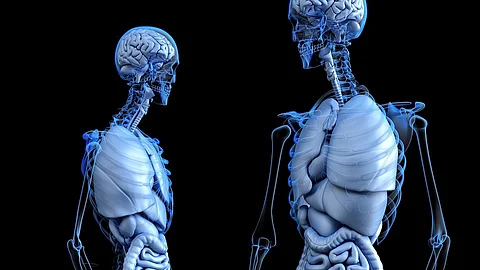

MitoQ, a mitochondrial antioxidant that is available to the public as a diet supplement, was found in a mouse study to reverse the detrimental effects that HIV and antiretroviral therapy (ART) have on mitochondria in the brain, heart, aorta, lungs, kidney and liver.
The researchers used a molecular method to measure the ratio of human and murine mitochondrial (mtDNA) to nuclear DNA (ntDNA) ratio, a measure of mitochondrial dysfunction. Reduction in this ratio reflects mitochondrial dysfunction. Compared to uninfected mice, HIV infected mice treated with ART had mitochondrial dysfunction in the human immune cells in the brain, heart, liver, lungs, and gut. ART itself also affected mitochondrial function in mouse heart cells. When treated with MitoQ for 90 days, HIV infected mice had reduced mitochondrial dysfunction in organs compared to HIV infected mice on ART. (PB/Newswise)
